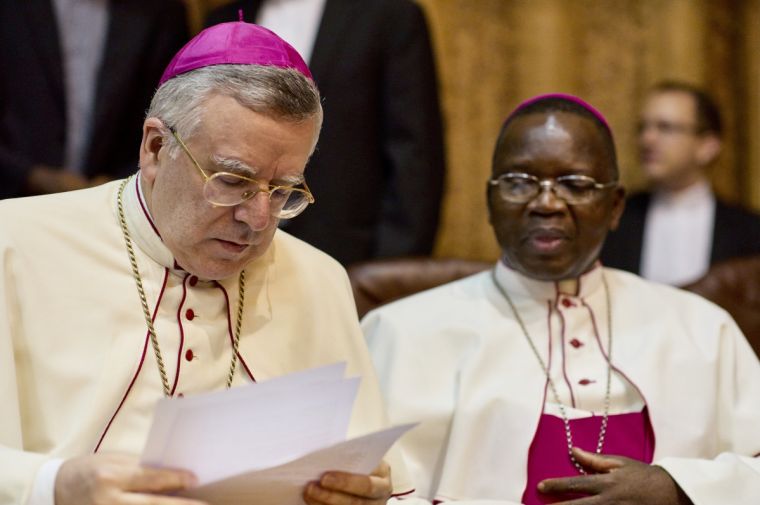Congo bishops abandon peace deal citing 'lack of sincere political will'
Catholic bishops in Congo have abandoned a power-sharing peace agreement citing a 'lack of sincere political will' from both the government and opposition.
Archbishop Marcel Utembi Tapa of Kisangani, the bishops' conference president, said Church leaders had worked with both sides until Monday but the two major parties were going back on a previously agreed consensus.

'We are therefore bringing the political impasse in these discussions to national and international attention — as well as the lack of political goodwill and the incapacity of the political and social actors to find a compromise,' he said at a news conference on Tuesday, according to the National Catholic Reporter.
It comes as Congo, dubbed the 'rape capital of the world' with sexual violence frequently used as a weapon, continues to be plagued with violence.
Two UN workers were found murdered on Tuesday with one decapitated after being kidnapped, the government said on Tuesday.
The Church had previously brokered a joint government-opposition power sharing agreement on December 31.
But that was now 'in a state of failure' with politicians failing to prioritise the nation's welfare, he said in a damning statement.
'The bishops' conference cannot mediate endlessly. It will now be up to President (Joseph) Kabila to find quick ways to implement agreement on a national unity government that can lead the country to presidential and parliamentary elections.'
Kabila's second and final term ended on December 20 and the Church was forced to step in to negotiate a deal after opposition parties accused him of failing to leave his post after the deadline.
Under the Decemeber 31 deal, the president would remain in power providing elections were held by the end of 2017 and the government would be lead by a prime minister appointed by the opposition party.
But the deal has been thrown into turmoil by the death of opposition leader Etienne Tshisekedi, who was to have headed a 28-member National Transition Council.











